Members
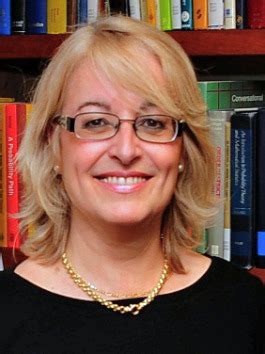
Alicia Carriquiry
Alicia Carriquiry is Distinguished Professor of Statistics and Director of the Center for Statistics and Applications in Forensic Science at Iowa State University. She works in linear models and Bayesian statistics. She is a Fellow of the Institute of Mathematical Statistics (2006) and the American Statistical Association (1999) and has served on numerous committees for the National Academy of Sciences.

René Carmona
René Carmona is the Paul M. Wythes ’55 Professor of Engineering and Finance at Princeton University, the Director of Graduate Studies in the Bendheim Center for Finance, and former Chair of the Operations Research and Financial Engineering Department and member of the Program in Applied and Computational Mathematics. He works in stochastic analysis, financial mathematics, and statistical data analysis. He was elected Fellow of the Institute of Mathematical Statistics, of the Society for Industrial and Applied Mathematics, and of the American Mathematical Society. He served on the Board of the Institute for Mathematics and Its Applications, and of the Oxford Man Institute. In January 2020, he was awarded the Doob Prize from the American Mathematical Society.

Andrew Childs
Andrew Childs, co-director of QuICS, is a professor in the Department of Computer Science and the Institute for Advanced Computer Studies (UMIACS). He is also the director of the NSF Quantum Leap Challenge Institute for Robust Quantum Simulation.
Childs’s research interests are in the theory of quantum information processing, especially quantum algorithms. He has explored the computational power of quantum walk, providing an example of exponential speedup, demonstrating computational universality, and constructing algorithms for problems including search and formula evaluation. Childs has also developed fast quantum algorithms for simulating Hamiltonian dynamics. His other areas of interest include quantum query complexity and quantum algorithms for algebraic problems.
Before coming to UMD, Childs was a DuBridge Postdoctoral Scholar at Caltech from 2004-2007 and a faculty member in Combinatorics & Optimization and the Institute for Quantum Computing at the University of Waterloo from 2007-2014. Childs received his doctorate in physics from MIT in 2004.
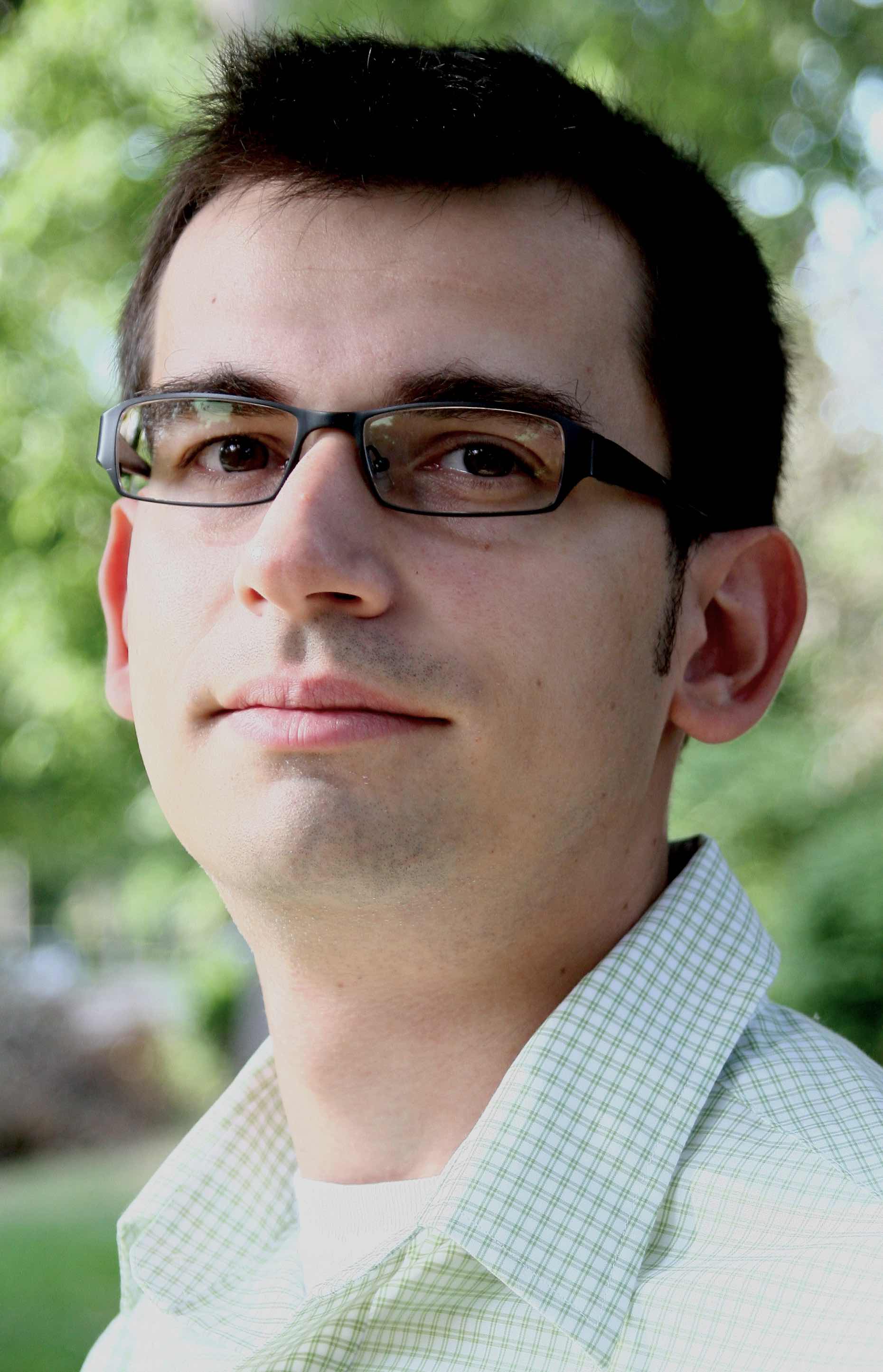
Emil Constantinescu
Emil Constantinescu is a research scientist in the Mathematics and Computer Science Division at Argonne National Laboratory, and scientist-at-large at the Consortium for Advanced Science and Engineering at The University of Chicago. He holds a PhD in applied mathematics and statistics. His research interests include numerical analysis, uncertainty quantification, inverse problems, data assimilation, and high-performance computing. He received the Department of Energy Early Career award in 2014.
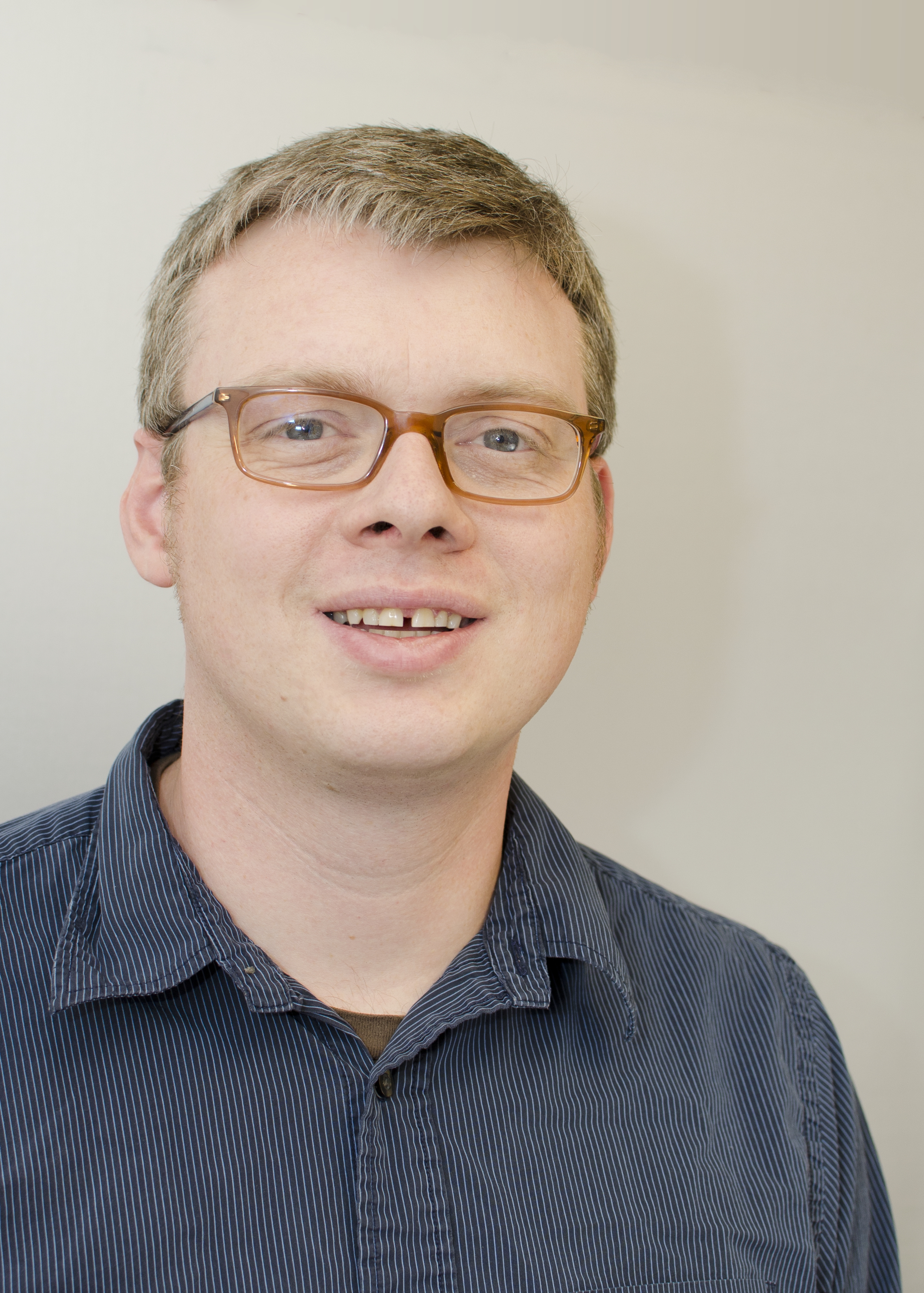
Peter Craigmile
Peter Craigmile is a Professor in the Department of Mathematics and Statistics at Hunter College, The City University of New York (CUNY). He also serves as an Honorary Research Fellow in the School of Mathematics and Statistics, University of Glasgow, Scotland. He was previously a Professor in the Department of Statistics at The Ohio State University.
His research interests include time series analysis, spatial statistics, space-time modeling, and longitudinal methods. He is interested in the use of spectral and wavelet methods to investigate dependency structures and to analyze periodicities and trends. One application of this is to the study of long memory processes. In collaboration with others, he has developed methods for spatial exceedances and extremes, which are critical to assessing spatially varying risk of environmental change or disease. He enjoys application-oriented research in areas such as Biology, Climatology, Environmental Sciences, Public Health, and Psychology.
He is a fellow of the American Statistical Association, the Institute of Mathematical Statistics, and The Royal Statistical Society.
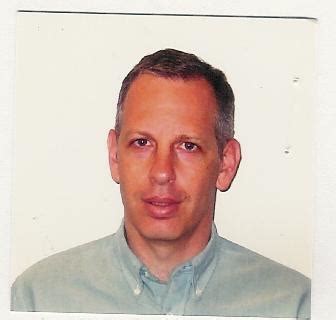
Amir Dembo
Amir Dembo is the Marjorie Mhoon Fair Professor of Quantitative Science and Professor of Mathematics and Statistics at Stanford University. He works in probability theory, information theory, and stochastic processes. He is a Fellow of the Institute of Mathematical Statistics, a member of the National Academy of Science, and a member of the American Academy of Arts and Sciences. He served on the Board of the Institute for Mathematics and Its Applications from 2012–2017.

Sandrine Dudoit
Sandrine Dudoit is Associate Dean for the Faculty in the Division of Computing, Data Science, and Society, Professor in the Department of Statistics, and Professor in the Division of Biostatistics, School of Public Health, at the University of California, Berkeley.
Professor Dudoit’s methodological research interests regard high-dimensional statistical learning and include exploratory data analysis (EDA), visualization, loss-based estimation with cross-validation, and multiple hypothesis testing. Much of her methodological work is motivated by statistical questions arising in biological research and, in particular, the design and analysis of high-throughput sequencing studies. She is also interested in statistical computing and, in particular, computationally reproducible research. She is a founding core developer of the Bioconductor Project, an open-source and open-development software project for the analysis of biomedical and genomic data.
Professor Dudoit is a co-author of the book Multiple Testing Procedures with Applications to Genomics and a co-editor of the book Bioinformatics and Computational Biology Solutions Using R and Bioconductor. She is Associate Editor of three journals, including The Annals of Applied Statistics and IEEE/ACM Transactions on Computational Biology and Bioinformatics. Professor Dudoit was named Fellow of the American Statistical Association (2010), Elected Member of the International Statistical Institute (2014), and Fellow of the Institute of Mathematical Statistics (2021).

Bjorn Engquist
Scientific Committee Chair
Bjorn Engquist is Professor and Chair of Computational and Applied Mathematics and Director of the Oden Institute for Computational Engineering and Sciences Center for Numerical Analysis at the University of Texas at Austin. He works on the development and analysis of numerical methods for differential equations. Engquist is a member of the Royal Swedish Academy of Sciences, the Royal Swedish Academy of Engineering Sciences, and the Norwegian Academy of Science and Letters. He was a Guggenheim Fellow, and received the first James H. Wilkinson Prize in Numerical Analysis and Scientific Computing in 1982, as well as the Henrici Prize in 2011.
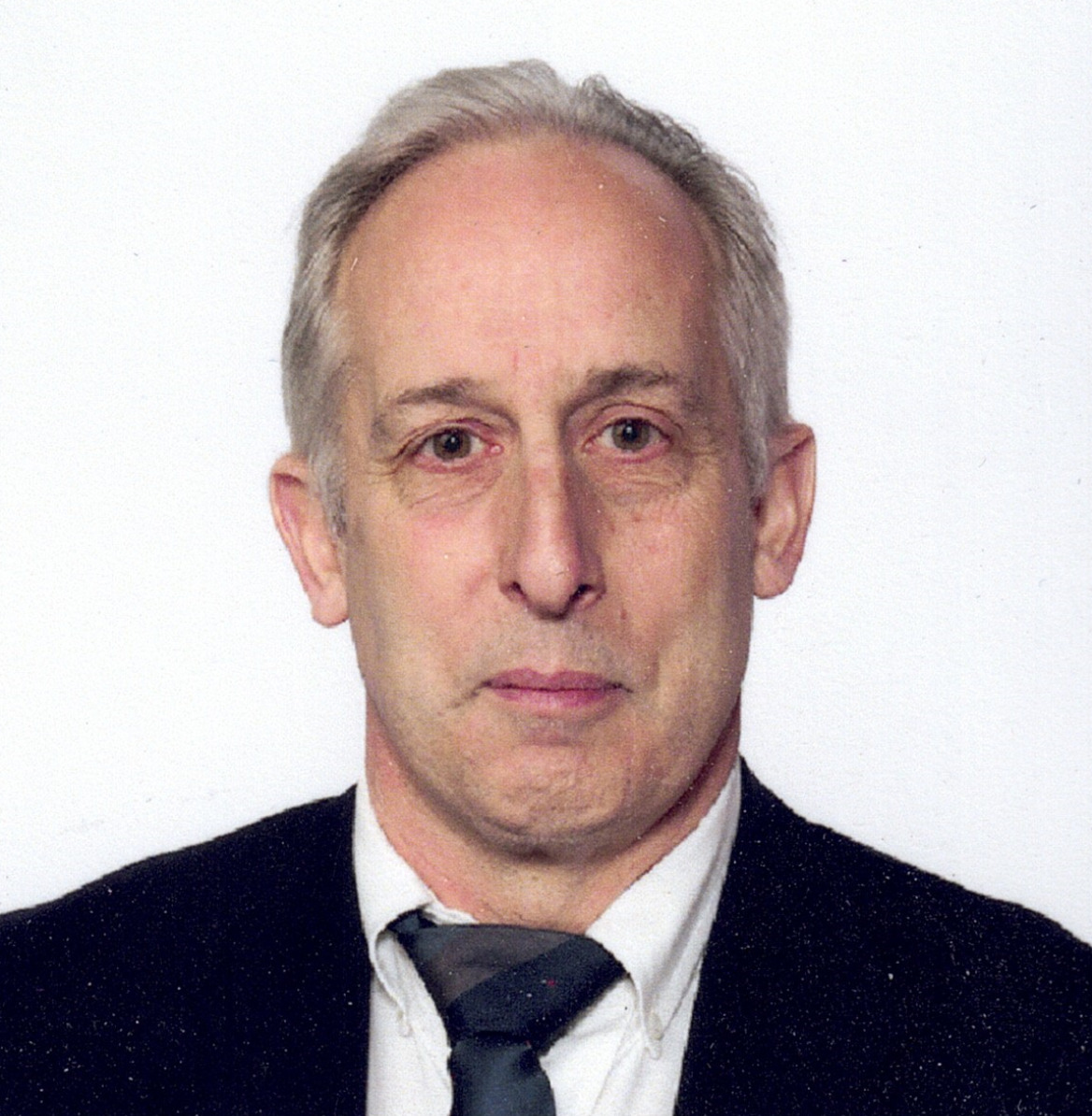
Thomas Grandine
Thomas Grandine was a Senior Technical Fellow at The Boeing Company and holds a PhD in Numerical Analysis from the University of Wisconsin at Madison. His areas of expertise include advanced geometric design, curve and surface modeling, numerical approximation, splines, and multidisciplinary design optimization. He is a Fellow of the Society for Industrial and Applied Mathematics and is currently a member of the Board of Trustees.

Claude Le Bris
Claude Le Bris is a research scientist at the École des Ponts and Inria, Paris, where he holds positions as Civil Engineer-General and scientific leader of the MATHERIALS research team. His research has focused on mathematical analysis and numerical methods for partial differential equations, with contributions in several areas including the mathematics of physics and materials science, and multiscale problems. Le Bris’ list of honors includes the Blaise Pascal Prize 1999 from the French Academy of Sciences and the Giovanni Sacchi-Landriani Prize 2002 from the Lombard Academy of Arts and Sciences. In Madrid 2006, he gave an invited lecture at the ICM and in Valencia 2019, an invited lecture at the ICIAM. He serves on several scientific advisory boards for research institutes and private companies, and has extensive editorial responsibilities for book series and journals.
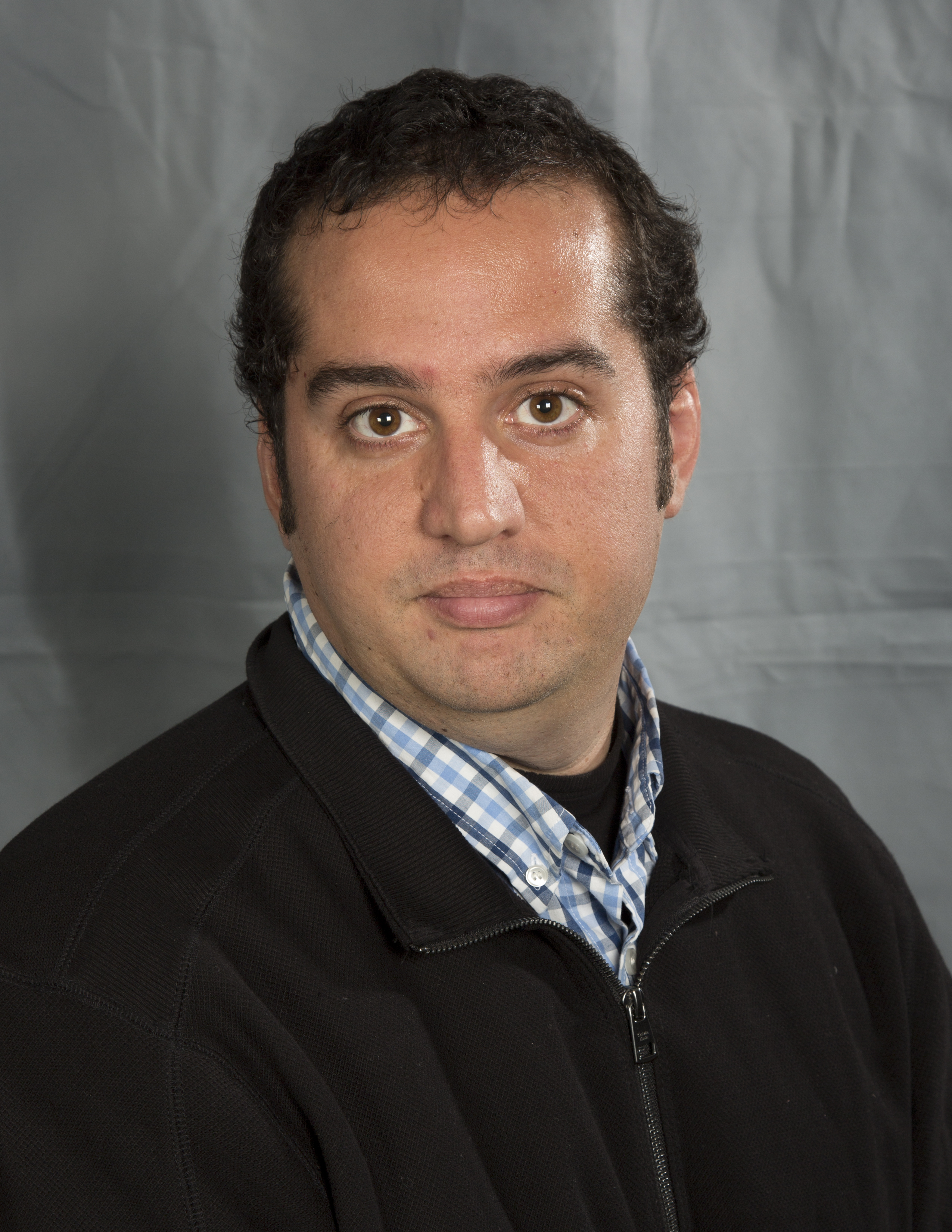
Danny Perez
Danny Perez is a staff scientist in the Theoretical Division at Los Alamos National Laboratory. His research focuses on the development, implementation, and application of atomic-scale simulation methods for materials, with an emphasis on long-time behavior and materials in extreme conditions. He led the US DOE Exascale Atomistics for Accuracy, Length, and Time (EXAALT) project, which focused on the development of ultra-scalable methodologies that can exploit exascale computing architectures. He holds a Ph.D. in Physics from the Université de Montréal.
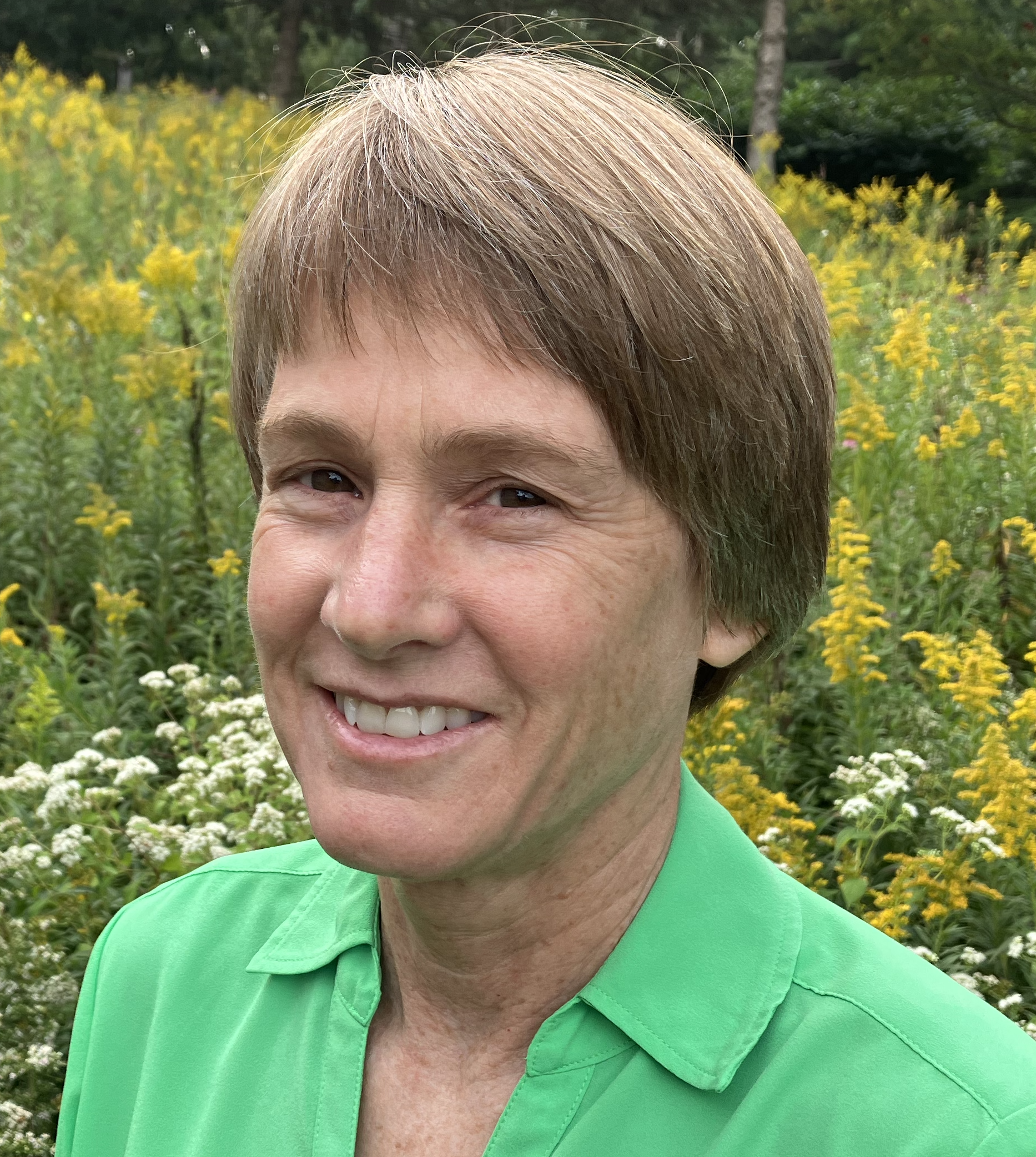
Leslie Smith
Leslie Smith is Professor of Mathematics at the University of Wisconsin-Madison. Her research interests are centered on the fluid dynamics of geophysical systems, with particular focus on atmospheric flows with phase changes of water and precipitation, and the nonlinear coupling between waves and coherent structures. Smith is Fellow of the American Mathematical Society and Fellow of the American Physical Society. She is former Chair of the UW-Madison Math Department, and currently serves on the Executive Committee of the Commission on Mathematical Geosciences of the International Union of Geodesy and Geophysics.

Joseph Tribbia
Dr. Joseph J. Tribbia is a senior research associate at the National Center for Atmospheric Research (NCAR) and former Head of its Atmospheric Modeling and Predictability Section in the Climate and Global Dynamics Laboratory. He received a Bachelor of Science in Physics from the Illinois Institute of Technology in 1971, and a masters and doctoral degree in Atmospheric Science from the University of Michigan. He has been at NCAR since 1978 and his work has focused on the numerical simulation of the atmosphere and geophysically relevant flows. His journal publications include works on the application of dynamical systems theory in atmospheric dynamics, the problems of atmospheric data analysis and numerical weather prediction, atmospheric predictability and the prediction of forecast reliability, the simulation and prediction of El Nino/Southern Oscillation and decadal climate projections. He has served as a section head at NCAR from1992 to 2018 and has been the deputy division director of CGD and served as the NCAR Science Advisor in 2005. He has served on external review as advisory committees for the Naval Research Laboratory, NASA, CMCC (the Italian climate center) and the NSF and been a visitor to several institutions in the US and abroad, including stints at the NOAA Climate Prediction Center (CPC) and the European Centre for Medium Range Weather Forecasts (ECMWF).
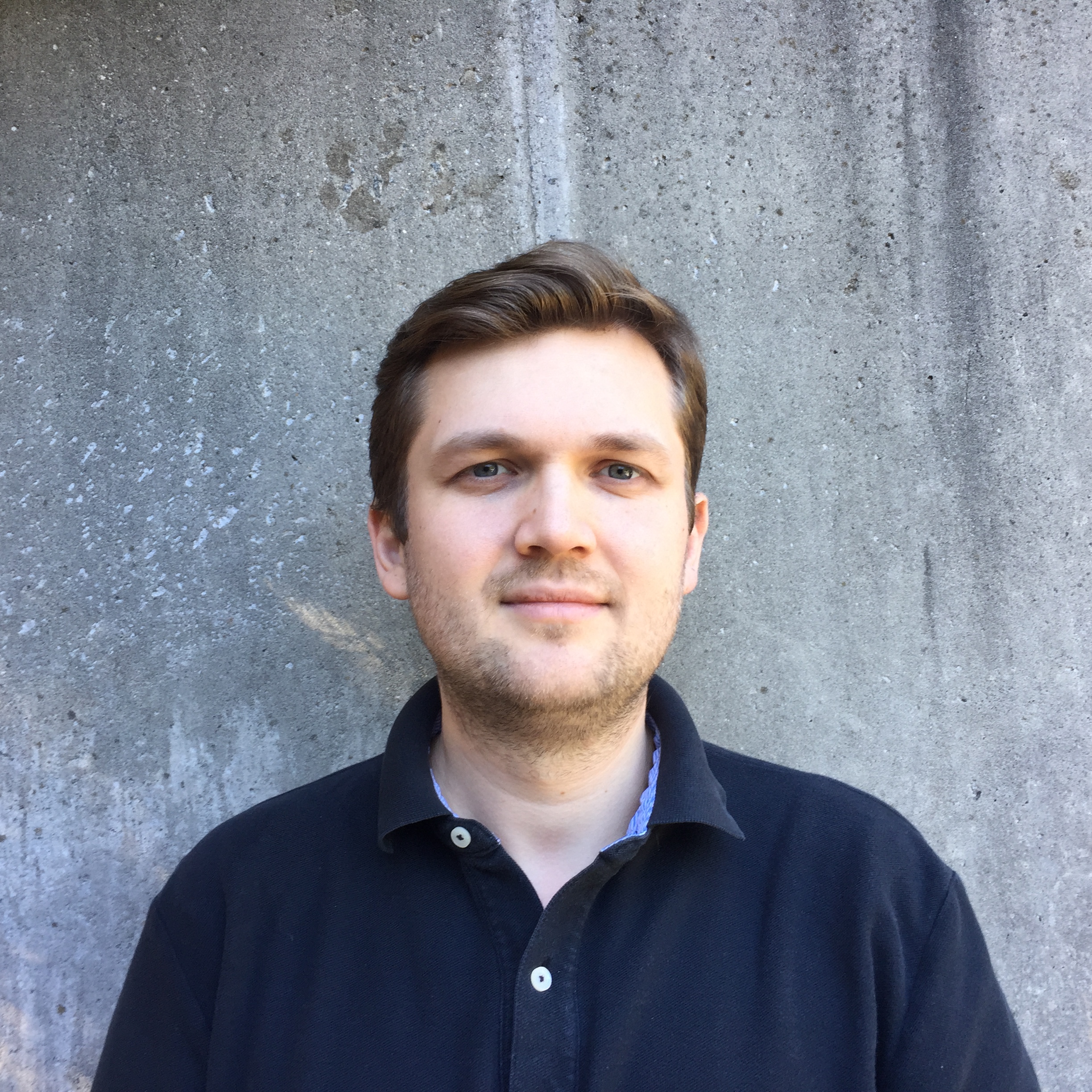
Vlad Vicol
Vlad Vicol is Professor of Mathematics at the Courant Institute of Mathematical Sciences, New York University. His research focuses on the analysis of partial differential equations arising in fluid dynamics, with an emphasis on problems motivated by hydrodynamic turbulence. He was awarded an Alfred P Sloan Research Fellowship (2015), the MCA Prize by the Mathematical Congress of the Americas (2017), a Clay Research Award (2019), he is a Fellow of the AMS (2023), and a Simons Investigator in Mathematics (2023).
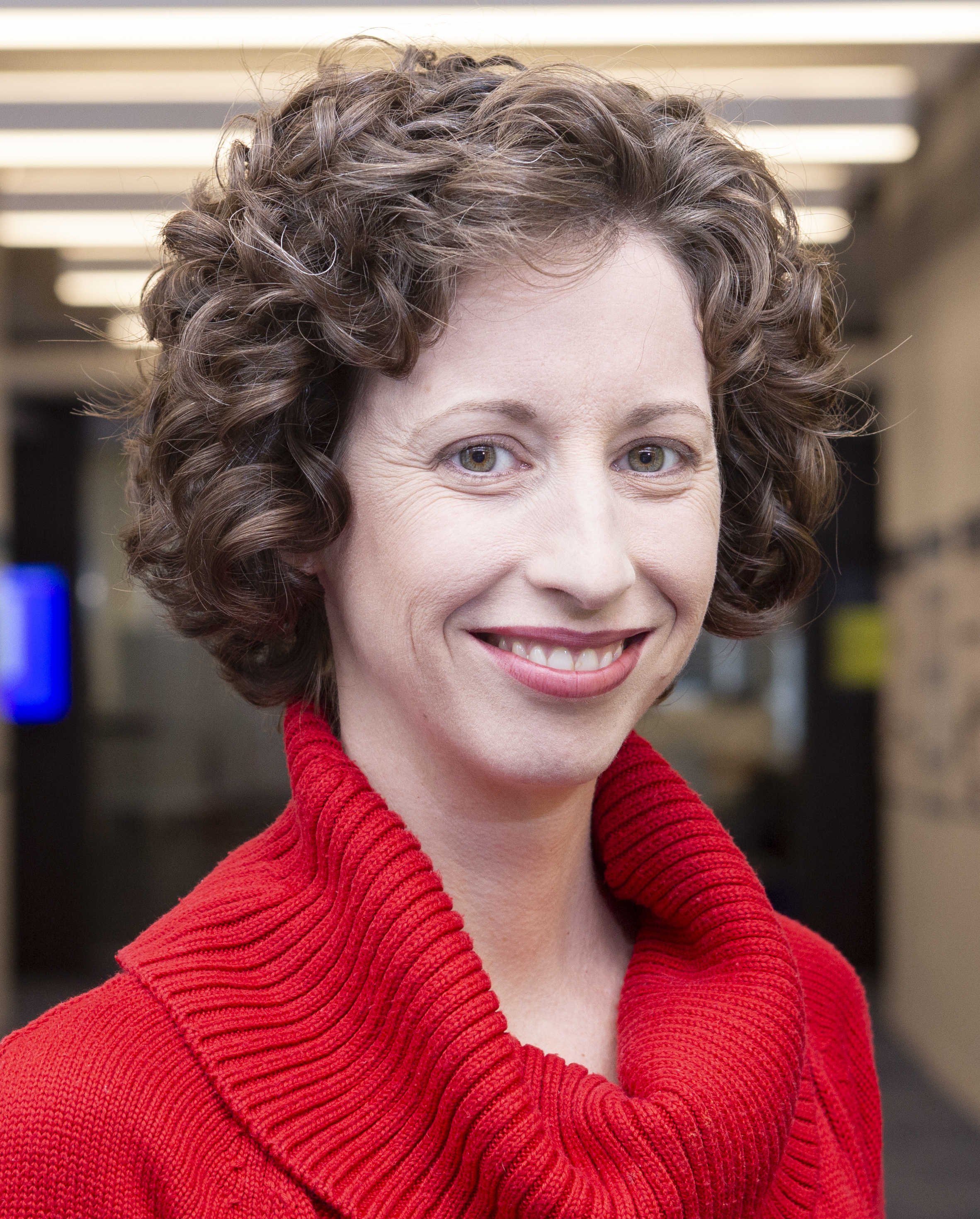
Rebecca Willett
Rebecca Willett is Professor of Statistics and Computer Science at the University of Chicago. Her research interests include signal processing, machine learning, and large-scale data science. She received the National Science Foundation CAREER Award in 2007, was a member of the DARPA Computer Science Study Group from 2007 to 2011, and received an Air Force Office of Scientific Research Young Investigator Program award in 2010.